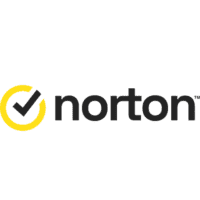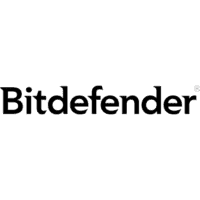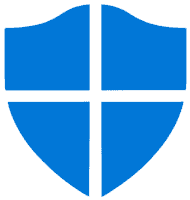Norton 360 Advanced is an all-in-one cyber security software. As such, it provides a range of security features, including protection from viruses and malware. Additionally, it provides a secure VPN service along with social media monitoring and identity theft support. This software provides protection all year long for up to ten devices.
Cost: £39.99 for the first year
Benefits
- 200GB of space to backup your PC on the cloud
- highly-rated protection from spyware, malware, viruses and ransomware
- protected private information with firewalls and password managers
- identity theft protection
- secure VPN and webcam security
- parental controls, screen time control and social media monitoring
Norton 360 also has less expensive options available to best suit your family’s needs. Some of the above benefits are not available on all versions.
Drawbacks
While users love the level of protection from Norton, the biggest complaint is the price. While £39.99 per year seems reasonable to most, automatic renewal is £149.99 per year. Therefore, many users report cancelling and repurchasing, which can cause some headaches.


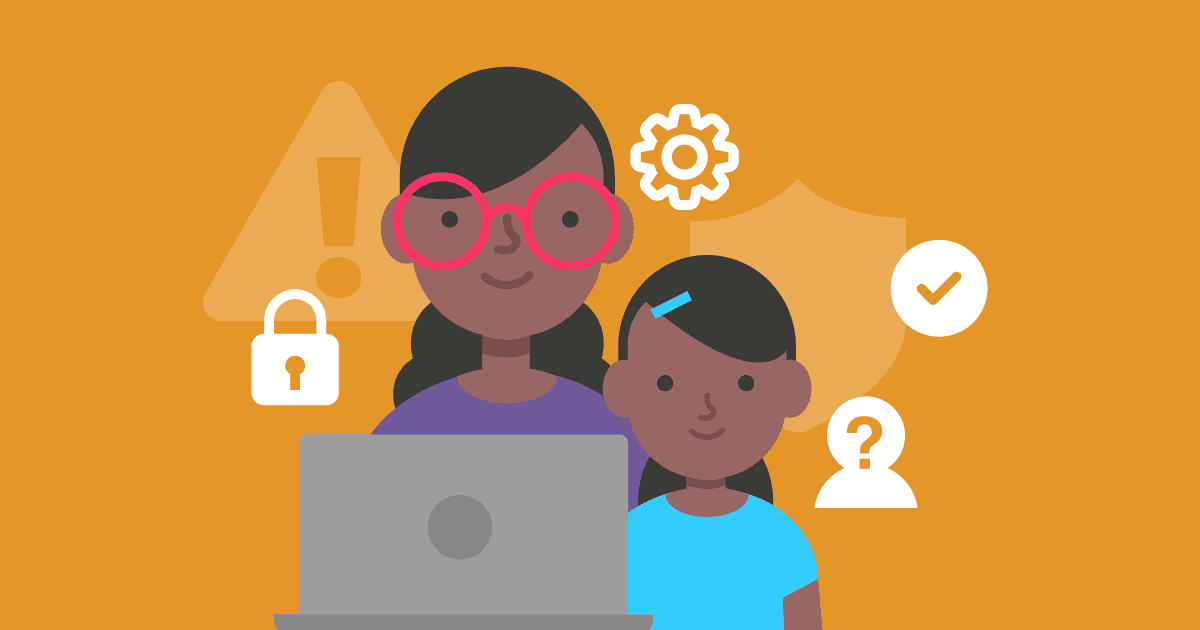

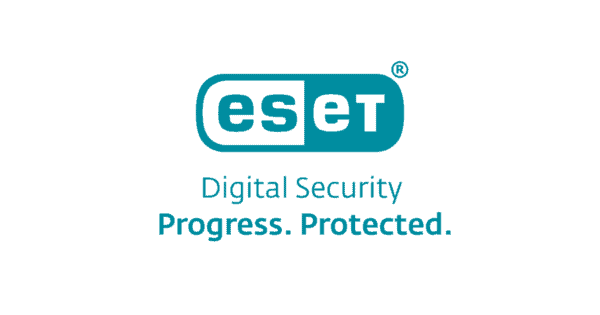
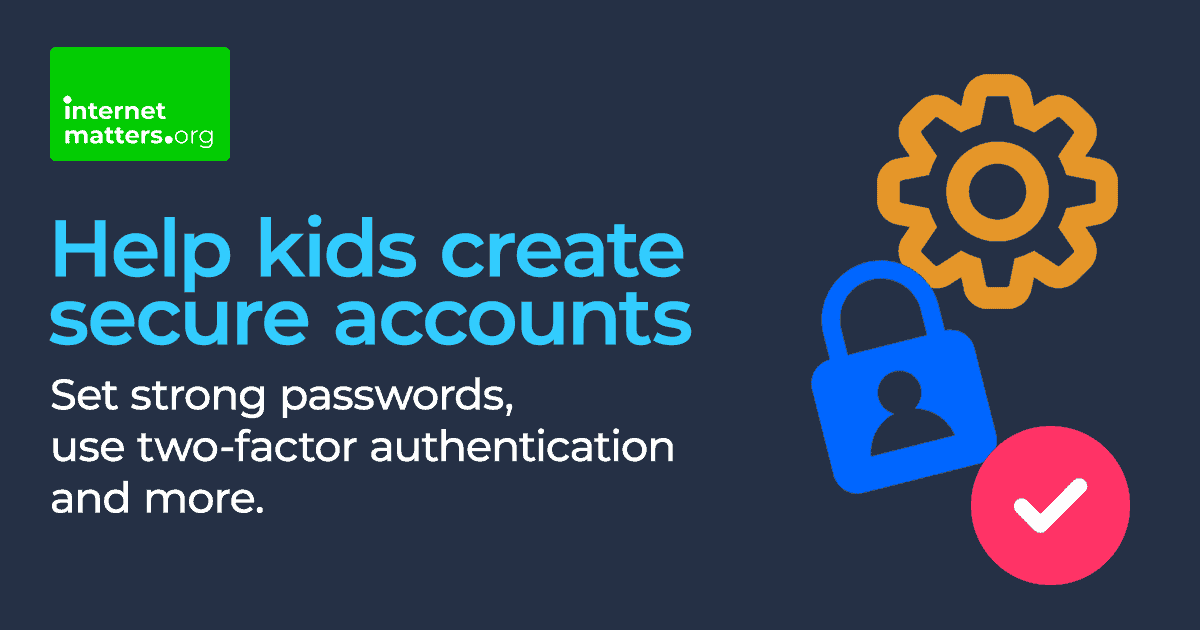
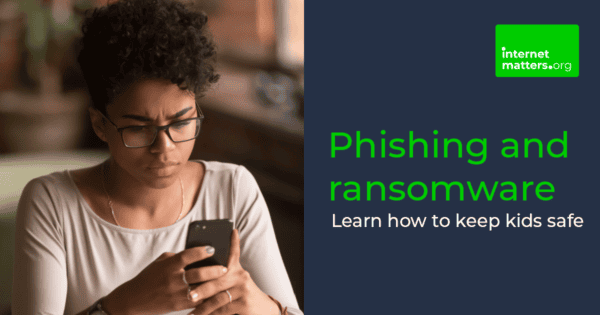
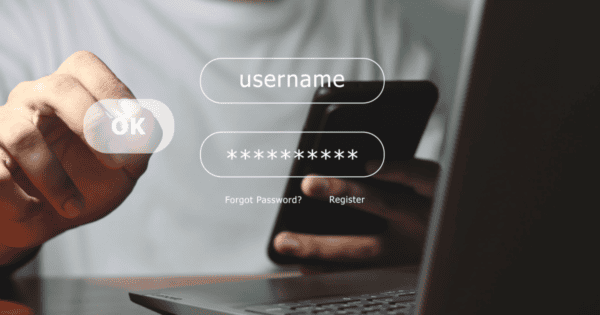

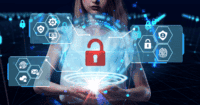

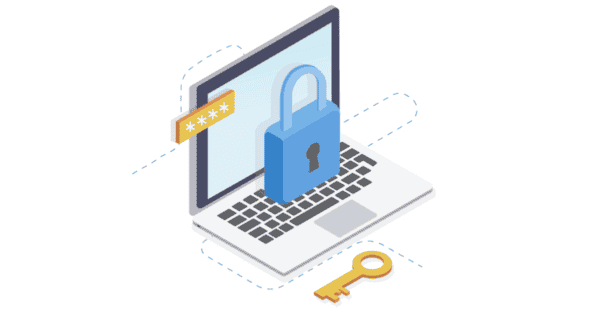
 See how one teen, Hannah, became the target of cyber security threats on a school laptop and how she got help.
See how one teen, Hannah, became the target of cyber security threats on a school laptop and how she got help.
